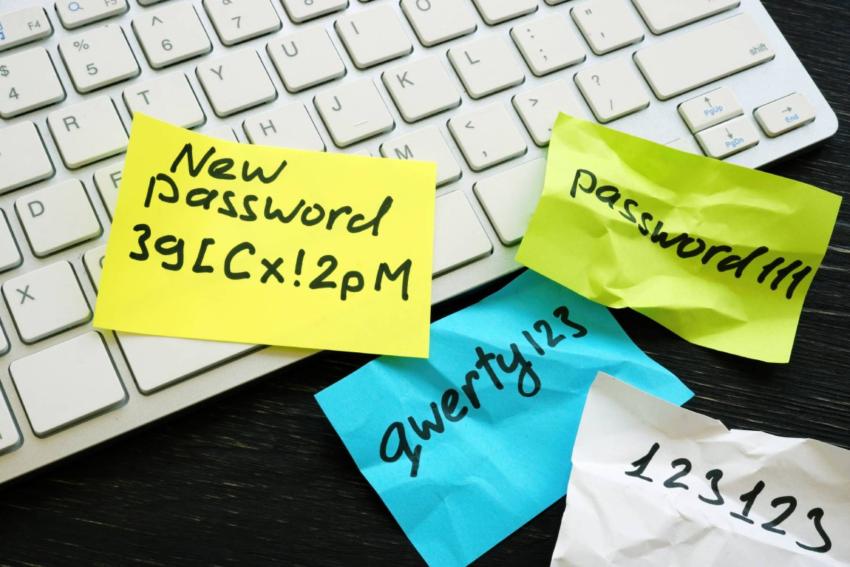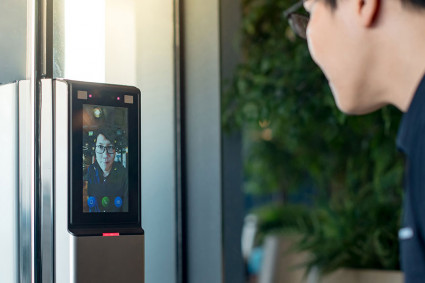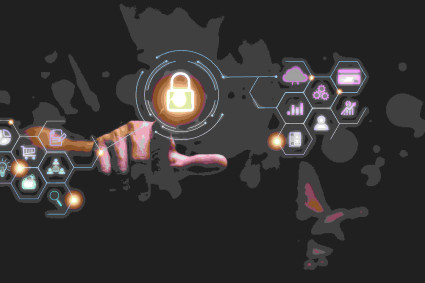
From social media accounts to online banking and cloud storage, almost every aspect of our lives is secured with a password. Yet, many people still rely on weak, predictable, or reused passwords that leave them vulnerable to cyberattacks. The solution is simple: strong random passwords.
These unique and unpredictable combinations form the first line of defense against hackers, protecting your identity and sensitive information. In this article, we’ll explore the top reasons why strong random passwords are essential for cybersecurity and how you can start using them effectively.
What Is a Strong Random Password?
A strong random password is one that avoids patterns or predictability. Instead, it’s generated using random characters, making it extremely difficult for hackers to guess. Key features of a strong random password include:
Length: At least 12–16 characters long
Complexity: Includes uppercase letters, lowercase letters, numbers, and symbols
Uniqueness: Different for every account
Unpredictability: Avoids personal information, dictionary words, or common sequences
Example: mT#5Pz8!qX7@dW is far stronger than something like John2024.
Top Reasons Strong Random Passwords Are Essential
1. Protection Against Brute-Force Attacks
Hackers often use software that tests thousands of password combinations per second. Short and simple passwords can be cracked in minutes. A long random password with diverse characters drastically increases the time needed to break it—often making it practically impossible.
2. Defense Against Credential Stuffing
One of the most common cyberattacks involves credential stuffing, where hackers use leaked login details from one site to try accessing other accounts. If you reuse passwords, one breach puts all your accounts at risk. Strong, unique random passwords prevent this chain reaction.
3. Resistance to Social Engineering
Many people use personal information like birthdays, names, or hobbies in their passwords. Hackers can easily guess these details by checking your social media or public records. Randomly generated passwords eliminate these clues and make social engineering far less effective.
4. Compliance With Security Standards
Organizations in sectors such as finance, healthcare, and technology require strong passwords to comply with regulations. Using random passwords not only meets these standards but also protects sensitive data from being compromised.
5. Safeguarding Financial Transactions
Your online banking, payment apps, and digital wallets are prime targets for hackers. A compromised password here could mean direct financial losses. Strong random passwords add a critical layer of protection for your money.
6. Reducing the Risk of Identity Theft
Stolen login credentials can give hackers access to emails, government services, or social accounts, leading to identity theft. By creating complex, random passwords for each platform, you lower the chance of cybercriminals piecing together your personal identity.
7. Peace of Mind for Everyday Use
Cybersecurity threats are stressful. Knowing that your accounts are protected by strong random passwords helps you browse, shop, and work online with confidence. It’s a small habit with a big payoff for digital peace of mind.
How to Create Strong Random Passwords
Creating random passwords manually can be difficult, but several strategies make it easier:
Use a Random Password Generator: Free online tools can instantly create random, secure combinations.
Go Long: Aim for 12–16 characters or more.
Mix It Up: Use uppercase, lowercase, numbers, and special characters.
Avoid Words and Patterns: Don’t include dictionary terms, birthdays, or sequences like 12345.
Assign One Password Per Account: Never recycle passwords across platforms.
Managing Strong Passwords Without Forgetting Them
The main challenge with random passwords is remembering them. Here’s how to manage securely:
Password Managers: Apps like Bitwarden, LastPass, or 1Password store and auto-fill passwords securely.
Two-Factor Authentication (2FA): Add a backup layer that requires a code or device approval.
Regular Updates: Refresh sensitive account passwords every few months.
Backup Recovery: Ensure you have a safe recovery method in case you lose access to your password manager.
Common Mistakes to Avoid
Even when using strong passwords, mistakes can reduce their effectiveness. Avoid:
Writing passwords on sticky notes or unprotected files
Sharing login details via email or messaging apps
Ignoring security alerts from platforms
Using the same password for multiple accounts
Conclusion
Cybersecurity begins with the basics, and nothing is more basic—or more critical—than strong passwords. By using strong random passwords, you create a powerful barrier that keeps hackers at bay, prevents identity theft, and secures your financial and personal information.
The digital world is constantly evolving, and so are the tactics of cybercriminals. Protect yourself by adopting a password strategy built on length, complexity, and randomness. Combined with password managers and two-factor authentication, strong random passwords ensure that your online life stays secure.









